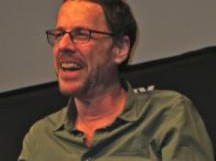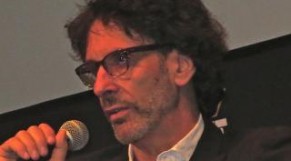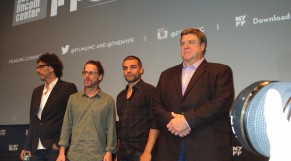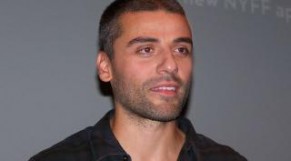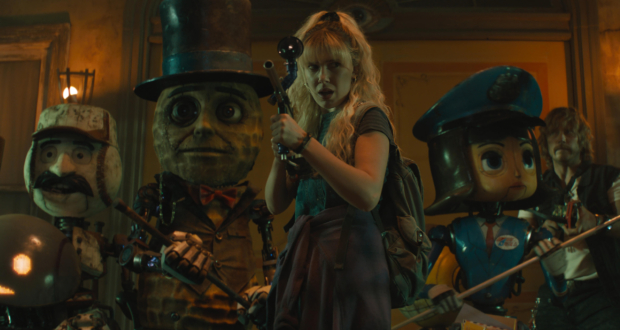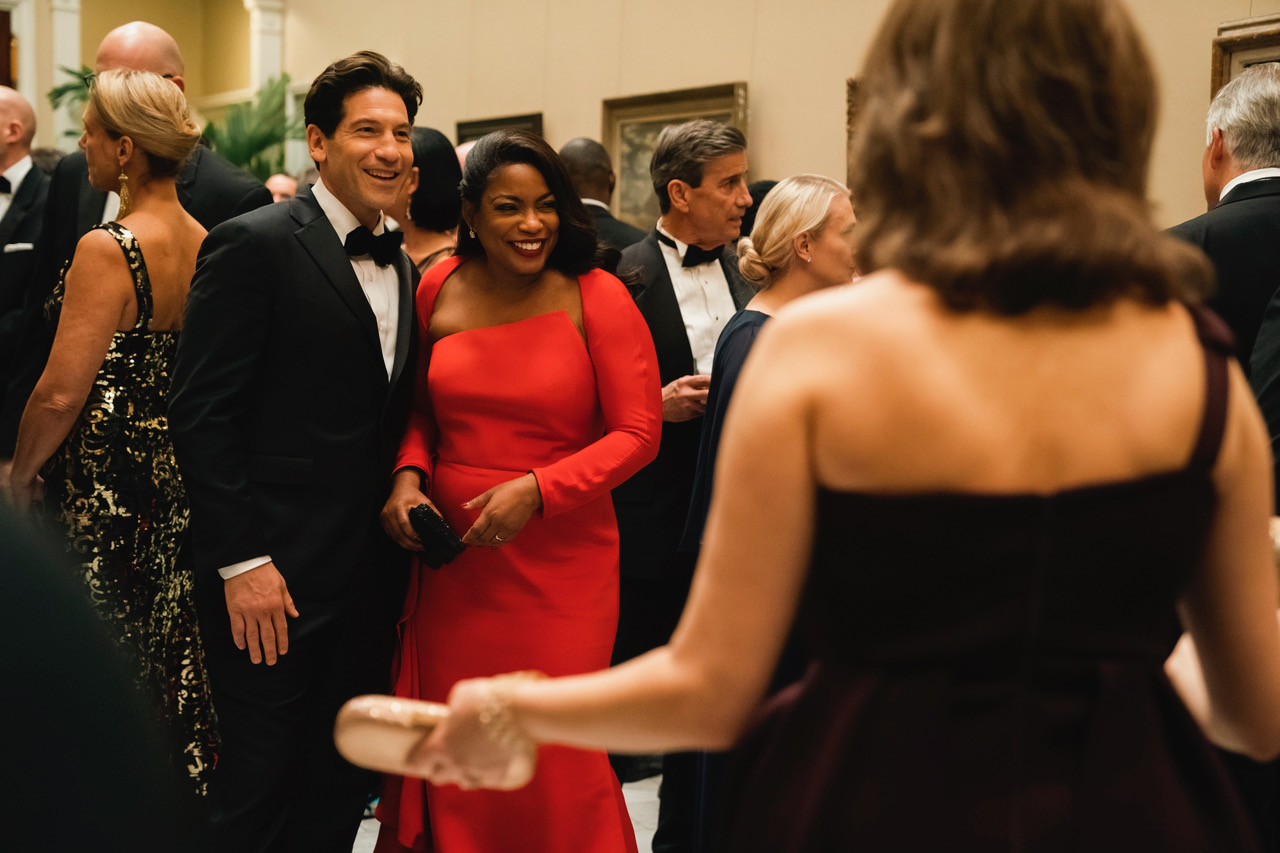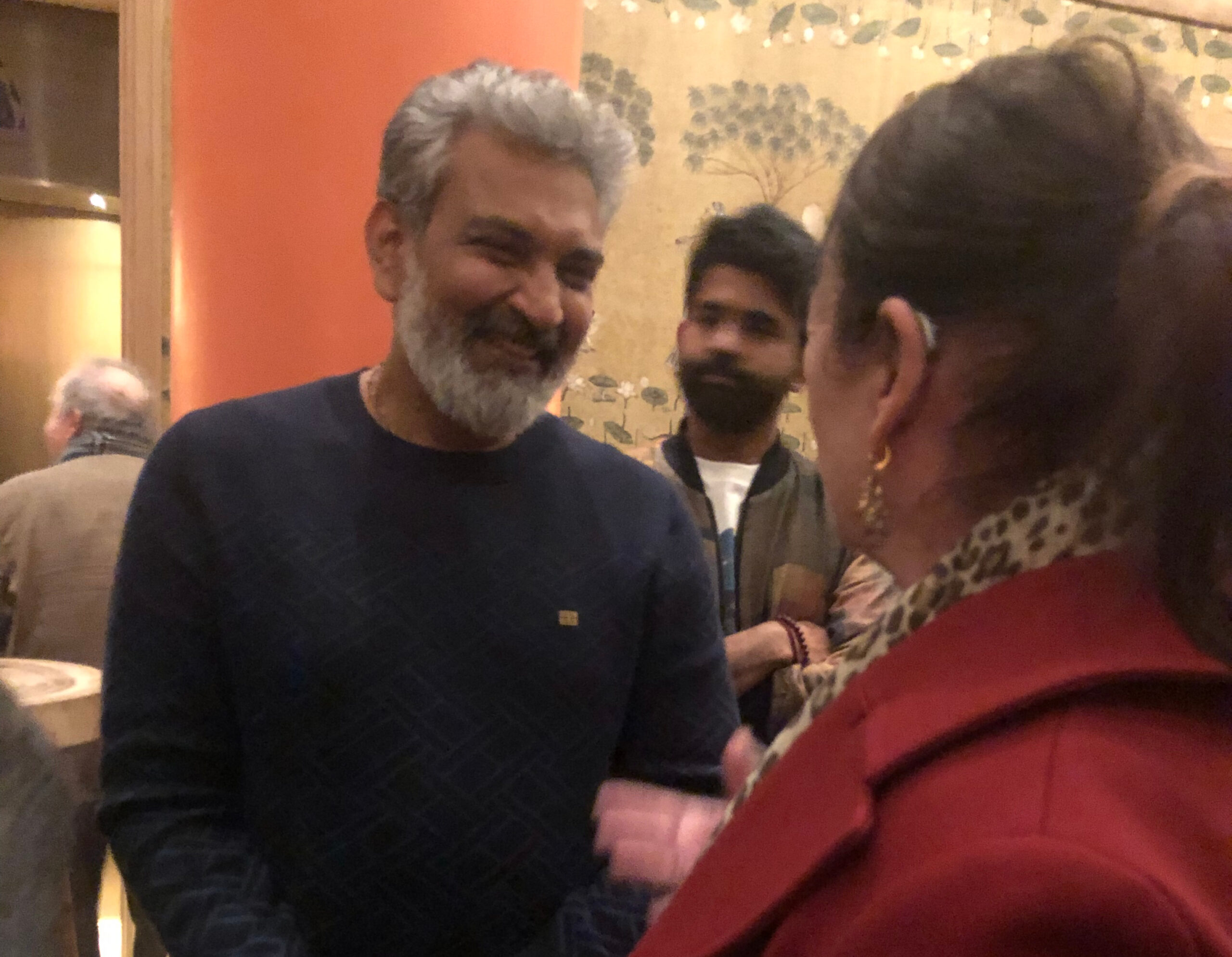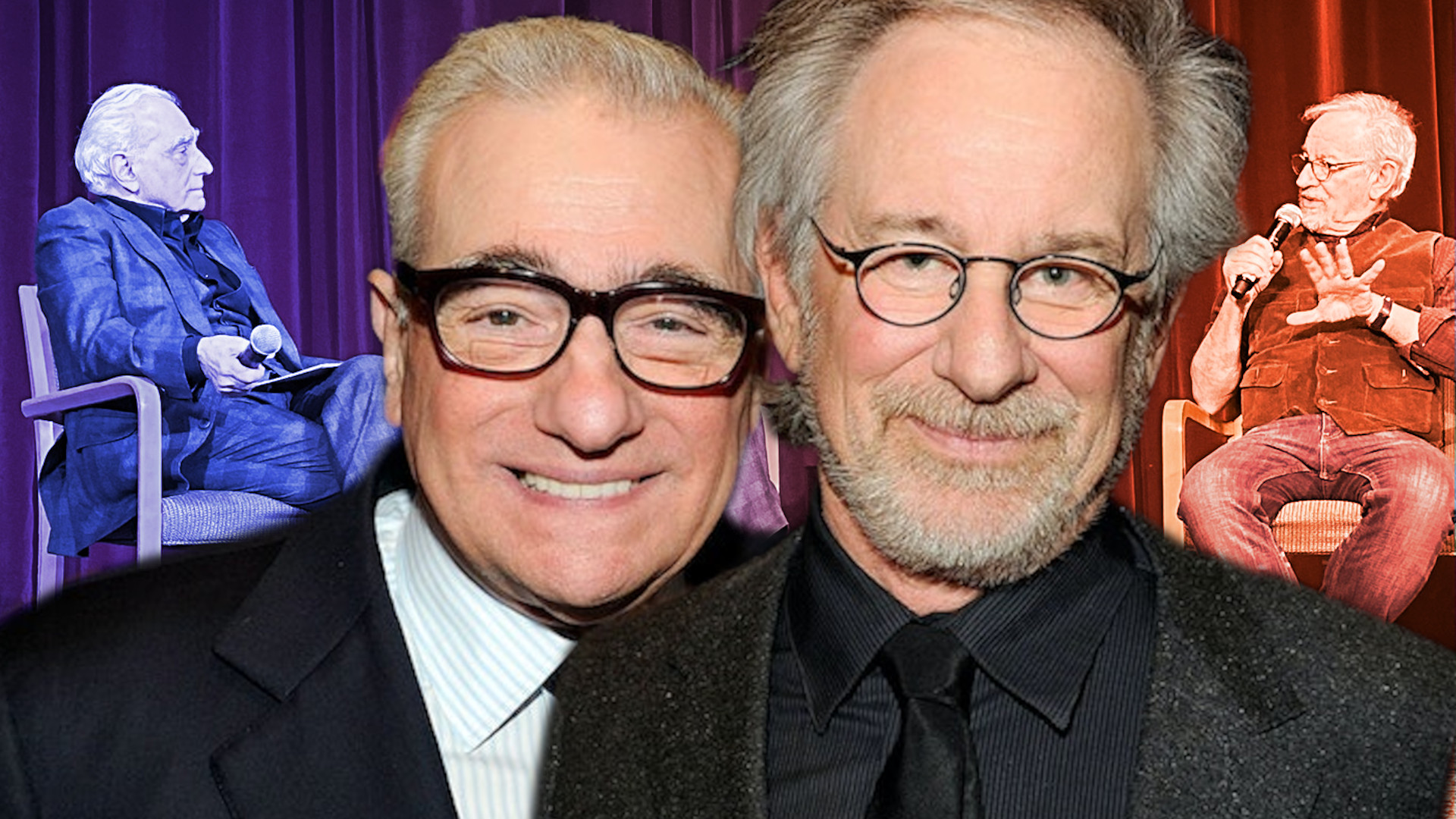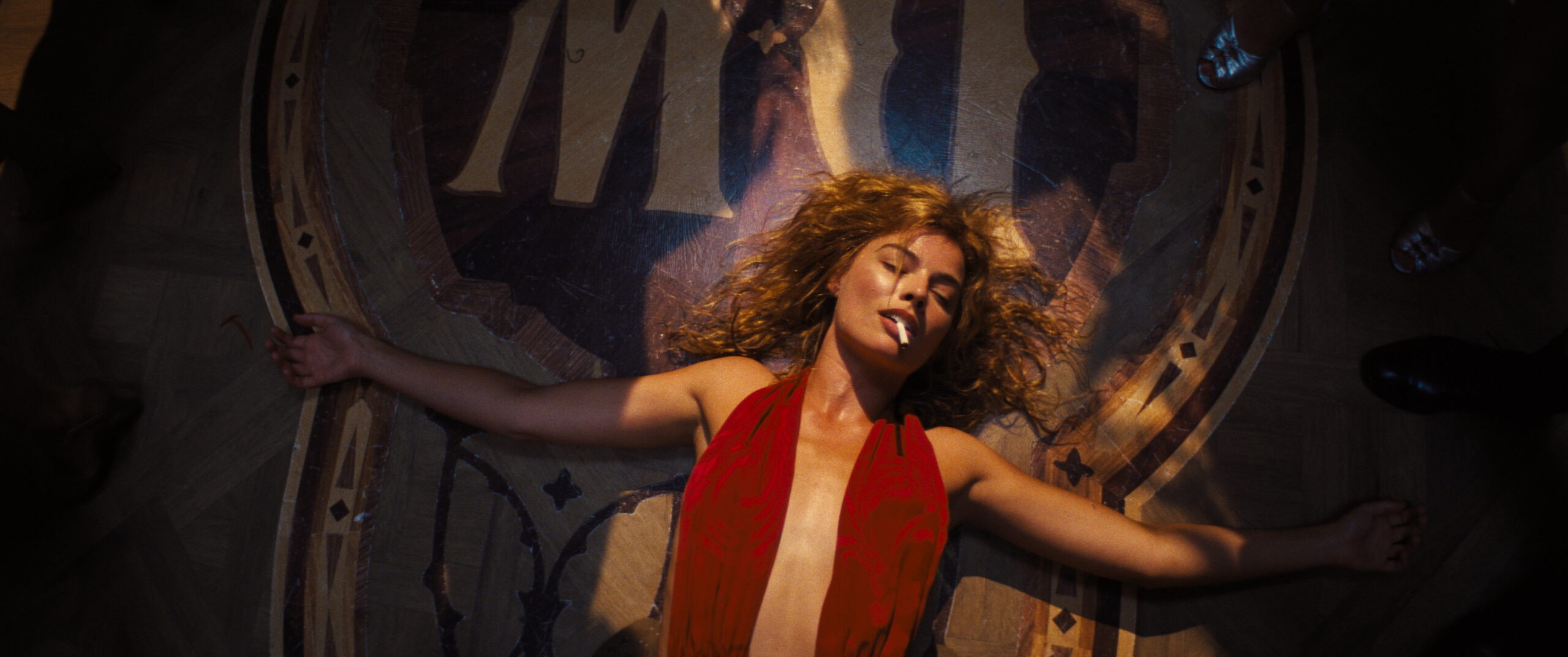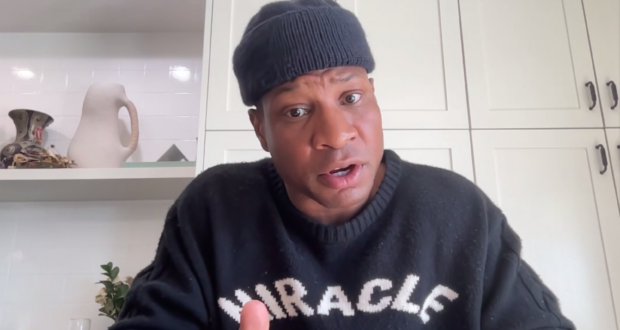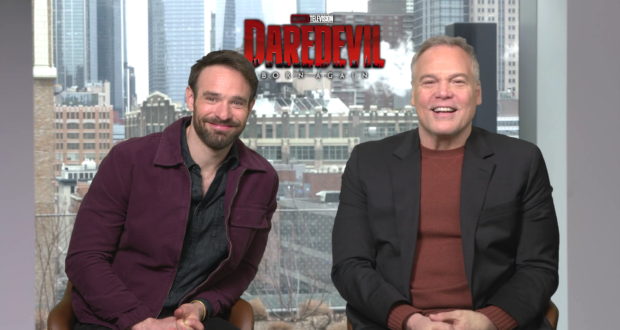Ethan and Joel Coen’s new film, “Inside Llewyn Davis,” follows a week in the life of a folk singer, Llewyn Davis, a dour young man with a guitar (and sometimes an orange cat), who struggles to make it in the 1961 West Village club scene and who’s destined to fail.
The film, which got raves at the Cannes Film Festival in May, is a funny and touching look at a loser. Llewyn journeys from the folk venues in the Village, where he lives on handouts from the audience, to an empty Chicago club where he auditions for a seen-it-all music mogul, all in an odyssey to nowhere. The inspiration for the film is a memoir by folkie Dave Von Ronk.

“Dave Von Ronk was not a songwriter,” Ethan Coen says in the production notes. “He wrote a few songs, but that wasn’t his scene. A lot of what he sang was traditional folk songs, songs that could be interpreted and performed in a variety of ways.” Some of the songs often associated with Van Ronk like “Hang Me,” “Dink’s Song” and “Green Rocky Road” are performed in the film.
The film’s lead, Oscar Isaac, is a real find. He does his own singing and guitar playing, and the Coens are smart enough to let him perform songs from beginning to end. The cast also includes a hilarious Justin Timberlake, John Goodman, Carey Mulligan and Garrett Hedlund.
But the real star of the film is the music. The film marks the fourth collaboration of the Coen Brothers with executive music producer T Bone Burnett, the legendary musician who played on Bob Dylan’s “Rolling Thunder” tour. A songwriter and record producer, Burnett won a Grammy for the soundtrack of the Coen Brothers’ film “O Brother, Where Art thou?” and he won the Oscar for his song “The Weary Kind” from the film “Crazy Heart” starring Jeff Bridges.
Thursday morning at the New York Film Festival press screening of “Inside Llewyn Davis,” Oscar Isaac, John Goodman and the Coen Brothers participated in a Q&A that was in equal parts whimsical, nutty and deep, sort of like a Coen Brothers movie. Joe is the more talkative brother. Here are some bite-sized quotes:
Talk about the music in the film. At what point in the process did the actual songs that were in the film become part of the conversation?
Joel: When we were writing the script, musical ideas, even specific songs we wanted to use became part of the process… At this point T Bone (Burnett) got involved… We tell him what we’re thinking of and he starts making suggestions.
To Oscar: After you were cast, were there any songs you brought into the conversation?
 I think I brought in “Green Rocky Road” that I played in the car. That was one. (Here’s a snippet from the song: http://www.allmusic.com/song/
I think I brought in “Green Rocky Road” that I played in the car. That was one. (Here’s a snippet from the song: http://www.allmusic.com/song/
To Joel and Ethan: Is failure more interesting to write about than success? How do you pick your subjects? They always seem to be so eclectic.
Joel: All the success movies have been done. It’s less interesting from a story point of view. I don’t even know how to start thinking that way.
How do you prepare writing about the subjects of your films?
We just talk about whatever. It just comes out of the conversation. Picking a subject implies there’s something really specific. (Like) We’re picking things but it’s kind of not like that. We talk about whatever, in the case of this movie, a scene, the Village with a kind of folk music theme, whatever, and the possible ideas about a character. It just a very, very, very vague conversation that gets progressively more concrete.
On John Goodman’s character, who appears in the scene where there’s a car odyssey to Chicago. Are you supposed to represent some mythological siren? (Even though in mythology they are women.)
Goodman: I thought that was understood (laughter).
Joel: Yeah, we kind of thought of it as an odyssey in which the main character doesn’t go anywhere.
Even though Dylan only makes a small appearance at the end of the film, so much of the movie in our mind is everything before Dylan and after Dylan. Given so many of the traditional songs versus Dylan, who wrote his own material, could you comment about the whole cultural phenomenon and in the case of being at the wrong place at the wrong time? Llewyn’s got a lot to compete with. What about people performing other people’s material versus original material as you do? Could you talk about that contrast in the movie?
Joel: That’s a big subject and it sort of goes to the heart of what folk music is in a way and also it was, you know, the cultural moment we were talking about was sort of specifically on our mind when we were thinking about the story because we wanted to do something that was set in the scene before Dylan showed.
We weren’t that interested in the period (of Dylan). He came onto that scene and he sort of changed it and he was such a transformative figure and people know more about that and it seemed less interesting to us.
But you’re right, there’s a big difference… There were people obviously writing songs and singing them before Bob Dylan showed up, but the era of the singer-songwriter was, there was sort of a pivot that was happening at the end of that period in terms of traditional folk music and people who were writing their own stuff and Dylan was sort of the catalyst of that.
There was an obsession with a certain kind of authenticity in folk music. There was traditional music that people who were involved in this early folk revival were very concerned with and that had sometimes both interesting and ironic aspects to that.
On why in the movie New York City looks so grim and cold.
Ethan: (When you think about the early 1960’s West Village folk scene) You think about New York in the winter… You don’t want to see it in the summer, when it’s green. Basically, the cover of ‘The Freewheelin’ Bob Dylan, that look and that weather is part of that.
For the Coens and John Goodman: This is the first time working together in a long time. Why was this the right role to get together on? Do you guys have a sort of shorthand?
Ethan: We just knew that John would understand it (laughter). John turned us on to Charles Portis, the novelist who wrote “True Grit.” All of his novels have a gasbag character, kind of like John’s characters in the movie.
Anything you want to add John?
I don’t know. The shorthand part is hard to describe and I won’t try. It’s something we’ve always fallen into I think.
They asked me to do a take one time while I was driving an automobile. I said, “Oh, you mean a Spanky take?” They knew what I was talking about. I knew Spanky from the Little Rascals. Those kinds of little things that help make the day go ever so faster.
Joel: We were also doing a shot once in “Barton Fink” where John came to the door and was answering the door and Ethan said to him, “John, we have a little bit more ropey snot in our next take,” and John said, “I’m your man!”
John: I think it was, “I’m your boy!”
Your films are always very anchored in a specific time and specific scenes with specific faces. This is the early 60’s folkie scene. Do you have a list of stories tied to specific places and subjects you want to do?
Joel: It’s hard for us to imagine stories abstract or divorced from a very specific locale… I couldn’t imagine us doing a story that could happen anywhere or it was just a generic city or something like that. It’s kind of hard for us to get traction that way. Why we were thinking specifically here let’s do a New York 1961 club scene I don’t know. We listened to a lot of music and we were interested. We got a number of books, including a memoir that was written by Dave Von Ronk about that period. I was thinking about it…
Ethan: It seemed like the scene itself knew it would get us going but then there was this character in that scene and as much as his concerns are his tortured relationship to success and the whole idea – making new crap out of the old crap – those are both things that were concerns of the character in that scene…That’s pretty vague.
Moderator: But concise.
Ethan: I don’t know about that but (it’s) compact.


